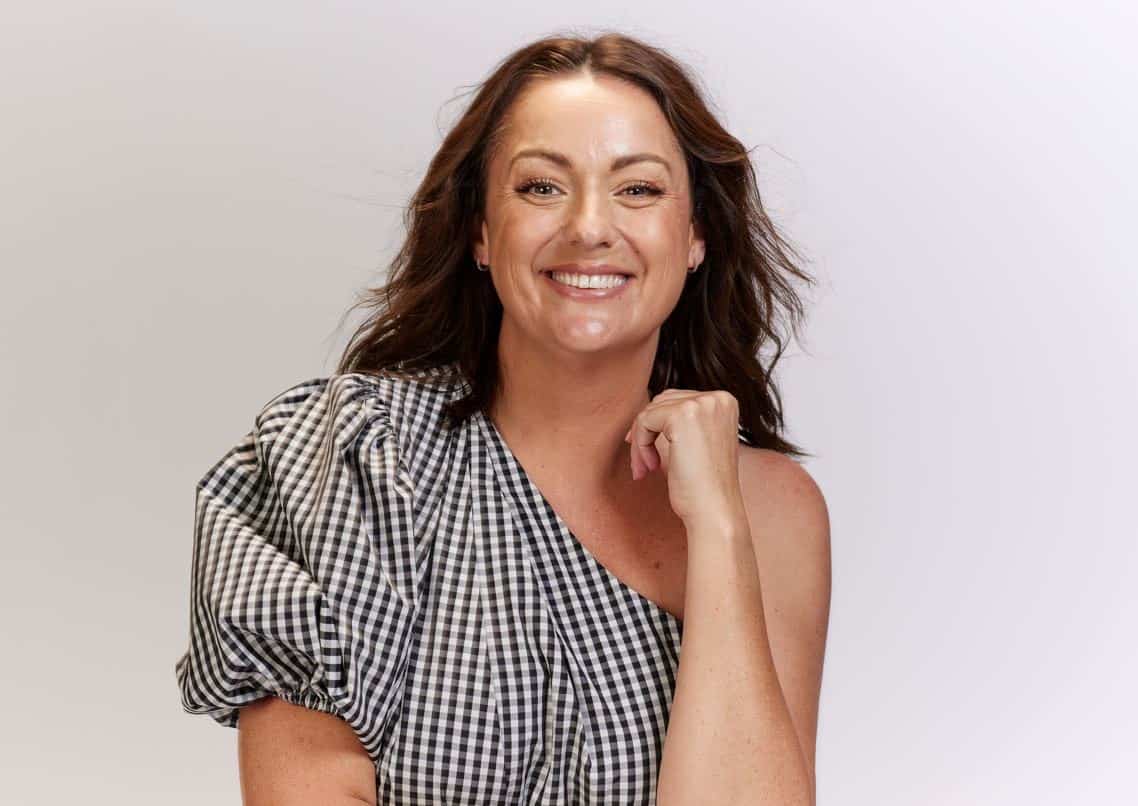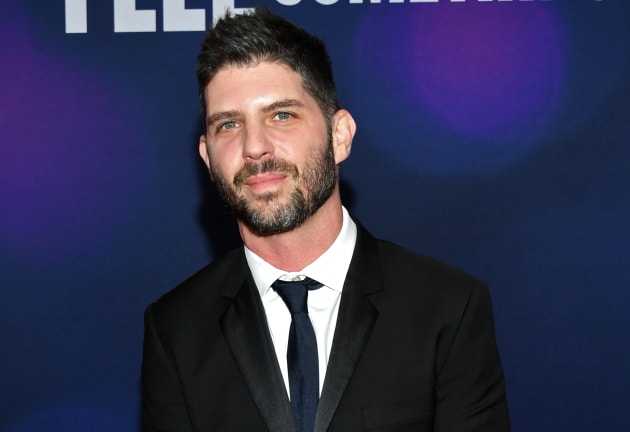
Nine Perfect Strangers is the highly anticipated adaptation of Liane Moriarty’s novel of the same name.
After the stunning success of Moriarty’s Big Little Liars on HBO, she’s a hot commodity in Hollywood, and Jonathan Levine had the honor of directing Nine Perfect Strangers for Hulu.
We had a chance to chat with him about his involvement in the project, his focus on telling the story, and what it was like directing an all-star cast including Nicole Kidman, Melissa McCarthy, Bobby Cannavale, Regina Hall, Manny Jacinto, Luke Evans, Tiffany Boone, Samara Weaving, and Michael Shannon.
What inspired your interest in directing?
I was interested in it for as long if I can remember, honestly. It’s very funny because my son is currently outside with his iPad. He’s five. He’s filming a movie. This makes me sound like a bad dad, but it’s actually good.
I see him telling stories. I see the stories started with his action figures, and they’ve evolved into making these little movies on iMovie, and It blows me away.
And I think had I had the tools to do that at the time, I would have been doing that. It was just how I saw the world. I had four TVs in a very small house growing up. I was always just watching TV, and it just became the grammar and vocabulary through which I came to understand my own experience.
So I have just always been really interested in storytelling. And luckily, I really ticked it almost like people picking a doctor or a lawyer when they’re in grade school. I was like, I want to be a director from the moment I was like 12, which is helpful.
And then I just followed that path. And directing is not really an occupation that has a prescribed track, but if there is one, I sort of followed it. I made movies in high school and college, and then I got a job working as an assistant to Paul Schrader.
And then I used that experience to go to film school. And then I used film school to make a movie. And luckily, at each step, I was able to do something that was good enough to get me to the next step. And so that got me here.
Welcome. I’m glad you’re here.
Yeah. Good to be here.
And I know you’ve created and written a series before, but this is the first full series that you’ve directed, right? You’ve mostly directed movies, and it looks like independent episodes of other series. Is that correct?
Yeah, totally.
And so, how did you get involved with directing Nine Perfect Strangers?
I had a relationship with one of the producers, Bruna Papandrea, and she told me about this project. I loved Big Little Lies, which is the last thing that Leon and Nicole and Bruna and David had done together.
And so, such a huge fan of David Kelley’s and Nicole Kidman and Melissa McCarthy was already on board as well. So it was just really, really exciting.
And then I read the first episode that David wrote, and it just blew me away. So I proceeded to do everything I could to convince them that I was the right person for the gig.
How did you change your directing approach to fit the longer format? I mean, obviously, a movie is one thing, but on episodic television, I would think you have to have a different approach.
Well, I think when you’re doing all of them, it’s not that different. I think the benefit of having one vision throughout all of them is that you can execute on that vision, and you can treat it as one long movie. So on that level, I tried to sort of keep it very similar to my approach on other things.
But then the truth is, the sheer length of it, your approach evolves. And I think that I try to be sort of flexible and agile in how I’m viewing things.
On the one hand, I gave it a visual progression. Episode one probably doesn’t look much like episode eight, as far as things start to fall apart, as things start to get weird. As things start to get crazy, we’re giving it a visual progression.
And then, that said, there’s something about just the sheer amount of content you’re creating that enables you as a creator to get a little less precious, a little less heavy about it.
And you get to a place where you’re really operating on instinct, and you’re really operating almost as though you’re that 25-year-old kid who was at film school, except at the same time, you have another 20 years of experience. So I did accidentally get to that place, and it was pretty amazing.
Did you film it episodically, or did you film maybe part for episode eight while you were also filming episode one? What was your linear approach?
We would try not to do that, but we could film episodes four and three or two at the same time. The good news was we were in the same place for most of it. A lot of times when you have to schedule like that, it’s because of location availability and stuff like that.
So we didn’t really have to go from one to eight. That’s just really hard, both for an actor and for a director, to keep track of, like, “Wait a minute, what’s my person doing here? What just happened?”
But we did. Yeah, we did shoot out of order. And it was complicated, not just because of what happened in between as far as story goes. But also because really, not to give anything away, but the fundamental sort of storytelling mechanisms change in this show.
Some of the reveals allow you to shoot things and stage things in completely different, unique ways. So I had to remember stylistically what I would be doing in episode six versus episode two, for example. And it was always totally.
Right. Yep. That makes sense. And I noticed that there’s a lot of outdoor scenes. Was that a COVID-related decision, or was that story-regenerated? I never read the book.
I think that it was very important to me. It was not COVID.
Good, good.
Honestly, our show was not invented for COVID. But when COVID hit, we did quickly realize that we actually had a very COVID-friendly situation. It was all one location. It was a very small cast, not a lot of extras. And that made it very easy for us to pivot, to be a COVID-safe production.
But we were outside because it’s such a big part of the themes of the show and something that was just reconnecting with nature and leaving behind the trappings of modern life. It was always, from the beginning, aesthetically, part of my approach was to show these people and contextualize them within nature.
And so, we did a lot of outdoor stuff. We were always looking for lens flares whenever we could. And we were just trying to find the beauty in the everyday. And when you’re in such a gorgeous setting, it would be criminal not to be outside as much as possible.
Yeah. It is a very beautiful-looking show.
Thank you.
It really is. And I saw the lighting, and you were looking for those, you found them.
I don’t know that it fits into any particular genre. How would you describe Nine Perfect strangers?
Oh, gosh.
What are people going to see?
Well, I mean, I think genre-wise, I think what I find so exciting about it is, is it’s incredibly unique. And I think what excited me about it was that it wasn’t any one thing. The thing that I always would always come back to is it’s about characters and about people.
But within that, we’re able to go funny, dramatic absurdist. There are thriller and horror elements. There’s so much to it that I find the inability to classify it as one of the most exciting reasons to watch it, honestly, because it’s totally unlike anything I’ve ever seen.
But I don’t know. If I had to classify it, I guess I’d call it a character-driven thriller, dramedy.
I think it’s really quirky; that’s the word that keeps coming to my mind whenever I think about it. It’s got that. And you mentioned absurdist. It does kind of defy explanation.
Whenever I looked on IMDB just to see what they classified it, I think it says, “Thriller, mystery, and drama.” I thought that’s missing a huge element, which is the humor.
I’ve done a cancer comedy, I’ve done a zombie romantic comedy. So I always pick these projects that are really hard to identify. And when the marketing people get it wrong, it’s like they try to capture everything in one thing. I think short of confusing people, telling them that it’s a thriller is not incorrect.
So I understand the challenge of marketing it because I think that we certainly do have thriller elements. And I’m fine for them to distill it to that because I’m hoping that people will see it and not say, “Hey, this isn’t a thriller. This is a comedy.”
I don’t know. I’m hoping that people will be pleasantly surprised by the different shades that it has. So you never want to tell people it’s one thing and then have them be disappointed that it’s not that thing.
But I’m hoping that we can check enough boxes in that genre, that by adding comedy and amazing actors and all the other things that are in this soup of a show, they’ll enjoy that rather than be disappointed by it. Because I think, for me, I think I would.
Saying all that, there are some pretty heavy topics that the characters are experiencing, and yet there’s that underlying sense of humor. What was your process to treat that heavy material without making light of it while still using humor?
So I did this movie called 50/50 ten years ago. And then I was watching a lot of Hal Ashby movies. I think Hal Ashby is probably the master of doing this.
Okay. So I will start by saying, I don’t think it’s that hard. Because whenever I’ve been in a horribly sad, tragic situation, I remember it being so mingled with laughter and gallows humor, or dark humor, or even just run-of-the-mill, trying to laugh; to me, those two things are two sides of the same coin in a weird way.
You can’t have tragedy and broad humor, certainly. Those two things can’t coexist. But you can have tragedy and grounded character humor because I think that is what life is. When thinking about my dad dying, I don’t know what I would’ve done without my sense of humor.
So to me, it’s like, if you’re capturing the everyday rhythms of life, and you’re doing it in a grounded and respectful way, you do have that latitude to be funny. And I think when you have actors who are as innately funny and also dramatically skilled as Michael Shannon, or in 50/50, Joseph Gordon-Levitt, you’re good to go.
As long as the humor doesn’t push you out of the believability of the story, as long as the humor doesn’t comment on the story. So I think that for me, that’s something I’m both very comfortable with and embrace, the commingling of humor and drama.
And I think the most important thing, first and foremost, is to be respectful of the struggle and the pain of these characters. And ironically, I think finding the humor in those situations is actually very consistent with that.
So that said when you’re editing… Okay. So we showed 50/50 to James L. Brooks, the famous director and amazing writer, who had directed Terms of Endearment.
And he was telling us this anecdote about how, I can’t remember exactly what two scenes they were, but they were at a test screening. And he had this very sad scene right up against this very funny scene.
And he said, after the sad scene — I may get this slightly wrong, but it has a point. Bear with me for one sec. After this very sad scene, people did not feel like they had permission to laugh. And he did all these things.
And then it came down to something as simple as they just put an establishing shot in between the sad scene and the funny scene. And they changed the music slightly, and that gave people the permission to laugh.
And I think that I can speak about it in these kind of lofty intellectual terms, but at the end of the day, it’s also just about, do you need a break in between these two things?
The music can help you so, so much in bridging tones. And we have an amazing score from Marco Beltrami and Miles. And they did such an incredible job. And that stuff helps you so much too.
You can’t necessarily have one thing right after the other. And so, you sometimes need buffers, and you sometimes need to use little tricks that will help the audience go on that ride with you.
But to me, it’s like, that’s the number one reason I wanted to become a filmmaker is to be able to capture the nuance of that thing in life that’s like dark and light. And sometimes they can happen at the same time.
Yeah. And you mentioned your dad dying, and whenever I thought about asking the question, I thought about when my father died. It was laced with humor.
Not because it was funny, but because it’s the absurd situation that you’re in, that you’ve never been in before, and it’s just working through it. I think you did a great job with that too.
Thank you. Thank you. I mean, yeah. You have no choice, especially when you’re confronting things as huge as mortality, you just have no choice. What are you going to do?
We’re so insignificant and small; you have to just laugh. And the grief is so insurmountable that one of the only tools we have to deal with it is humor. Thank you because it means a lot to me that it worked for you.
And finally, it has no shortage of onscreen talent, and it couldn’t have been easy for you to give each character and each actor the same depth. But that said, you pulled it off.
I think that every character and every actor gets scenes to shine. Of course, I haven’t seen the ending yet, so maybe you didn’t stick the landing. I don’t know. [laughs]
No, maybe I fucked it up. True. [laughs]
How did you meet that particular challenge?
I mean, it starts with the writing. So there are definitely characters where I would say to David, “Hey, we got this amazing actor to play this role. And let’s give them something a little bit more in this episode” because it feels like you do have to sort of zoom out and take a holistic view of it.
I mean, we were so lucky. I would look around those group scenes and just be like, “Whoa, there’s Nicole Kidman. There’s Bobby Cannavale. There’s Michael Shannon.”
All in the same scene, mind you.
All in the same scene. They’re just all standing there. And so, we just took that responsibility very seriously. And honestly, so do the actors.
I do not feel like it was entirely my doing that they all have their moments, and they all track so beautifully. I mean, everyone stepped up and took responsibility for their own stories in a very significant way as well.
And I think that what also quickly happened was the camaraderie and the chemistry between them and the fact that I gave them a lot of latitude too, and David did as well. It’s like they could, within reason, if they had a funny line to add, or a moment they wanted to carve out for themselves, we would give them that moment.
All of them didn’t always make it into the final edit, but there was a freedom that I think made them feel empowered.
And so, it was just about creating a fun, disciplined, rigorous environment that enabled them to feel empowered. I mean, it’s as simple as that. I think everyone felt that there was a lot of love for their characters.
I think this is a show that, more than anything else, loves all of these people. Whether they’re behaving at their worst or their best, I think there’s a deep and abiding humanity at the heart of David’s writing and my heart for each and every one of these characters.
I love them all as characters. I loved them all as people. So I think I tried to set that tone. And I think that they felt it and drafted off of it, and then gave me the gift of making their characters an even bigger part of the story.
Nine Perfect Strangers premieres on Hulu on Wednesday, August 18.
Edit Delete
Carissa Pavlica is the managing editor and a staff writer and critic for TV Fanatic. She’s a member of the Critic’s Choice Association, enjoys mentoring writers, conversing with cats, and passionately discussing the nuances of television and film with anyone who will listen. Follow her on Twitter and email her here at TV Fanatic.
You can view the original article HERE.

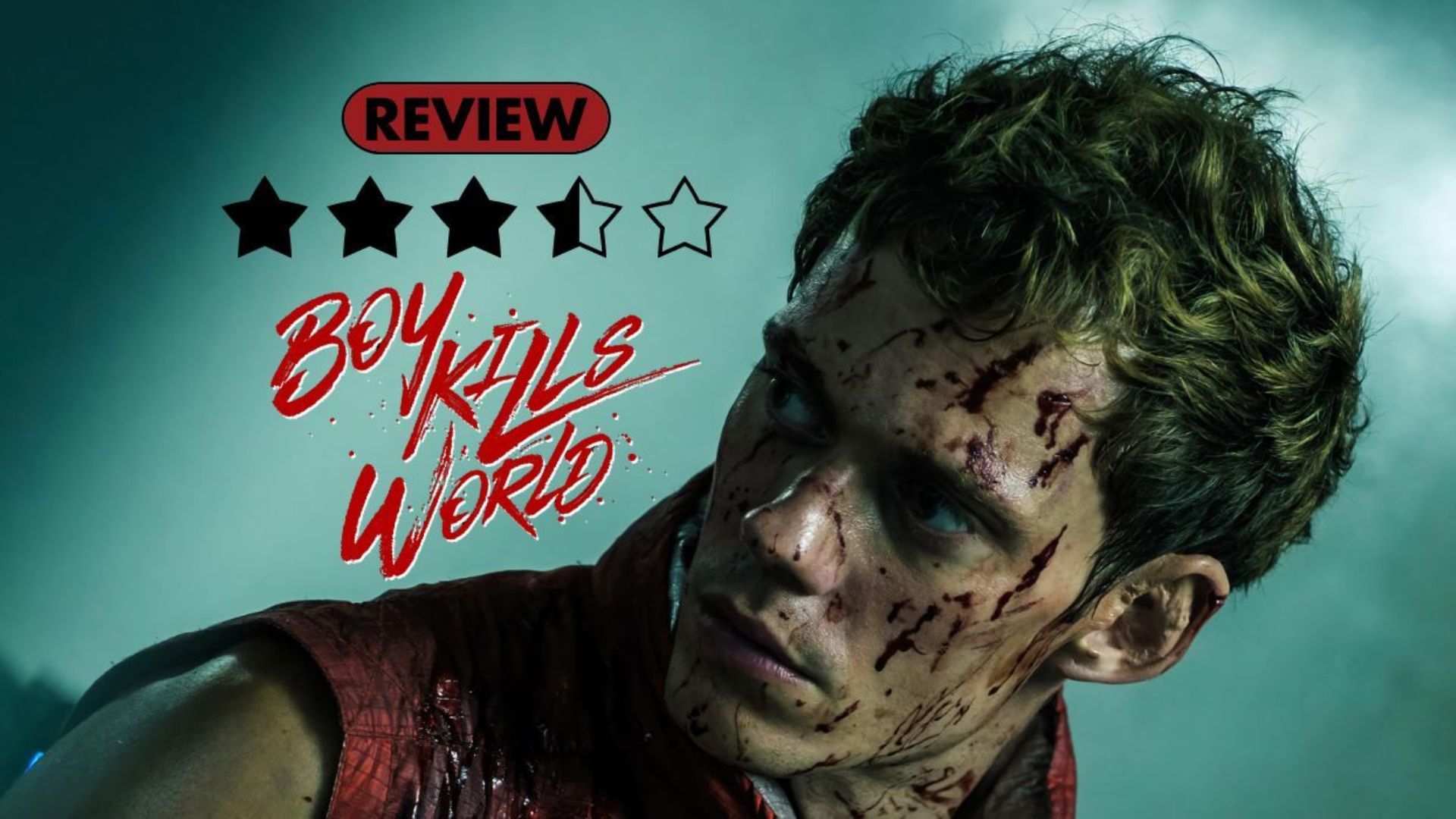
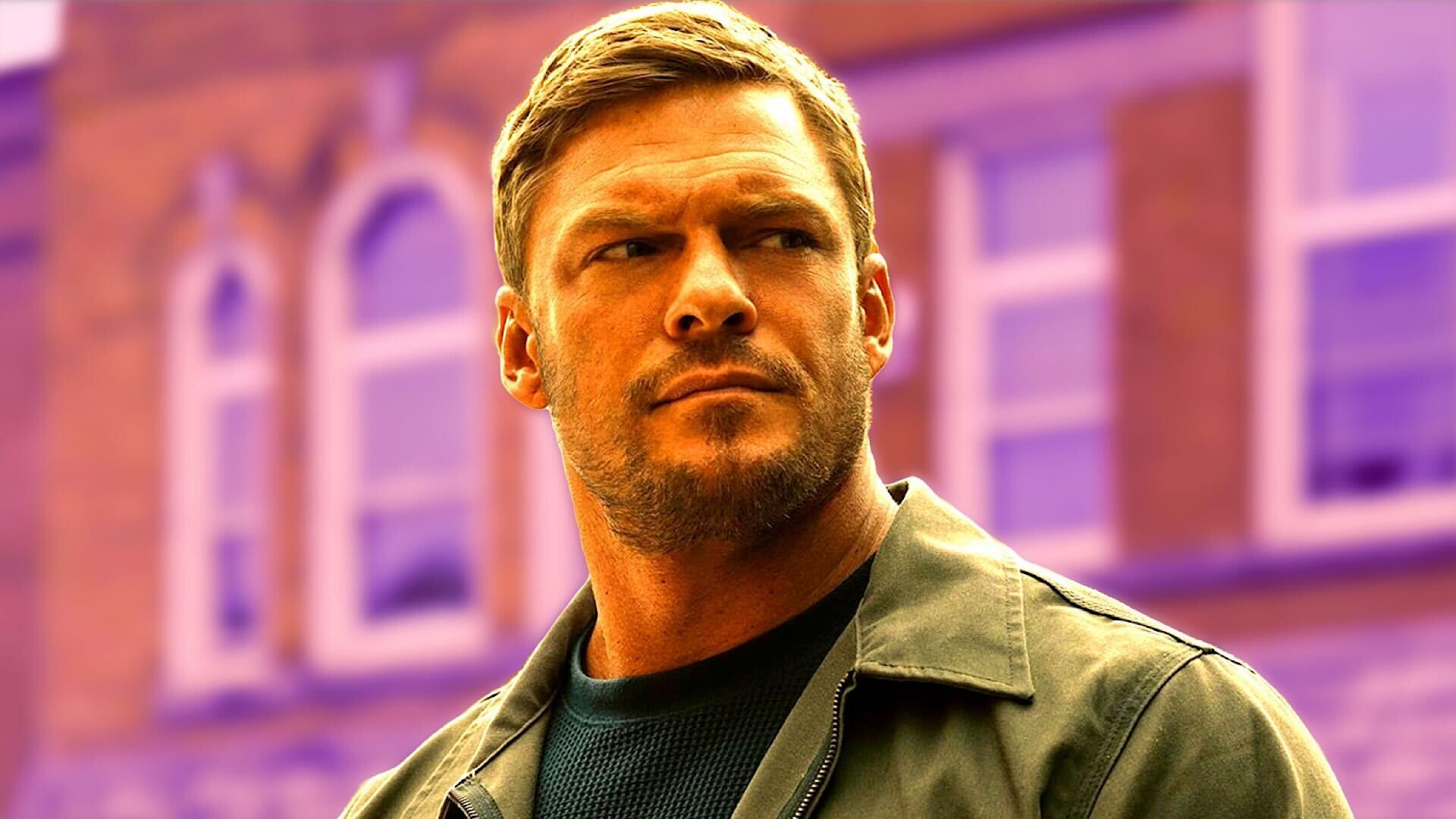

:quality(85):upscale()/2024/04/22/931/n/1922283/abb74e546626d4adbd7255.17882634_.jpg)

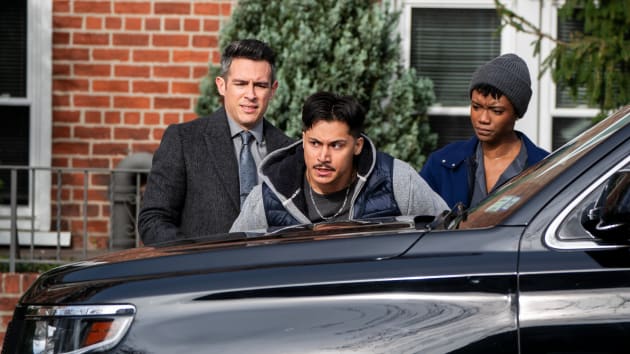

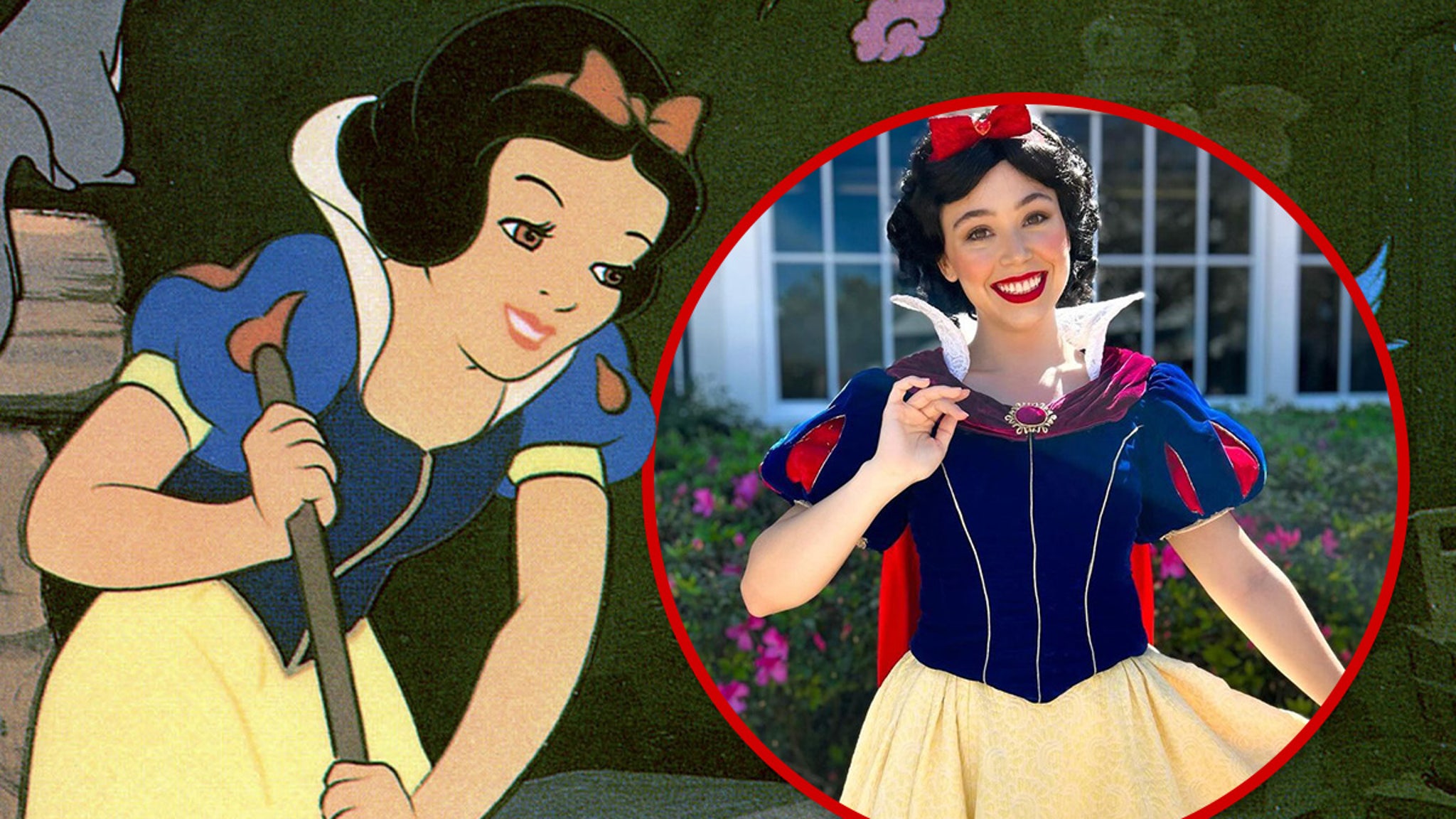



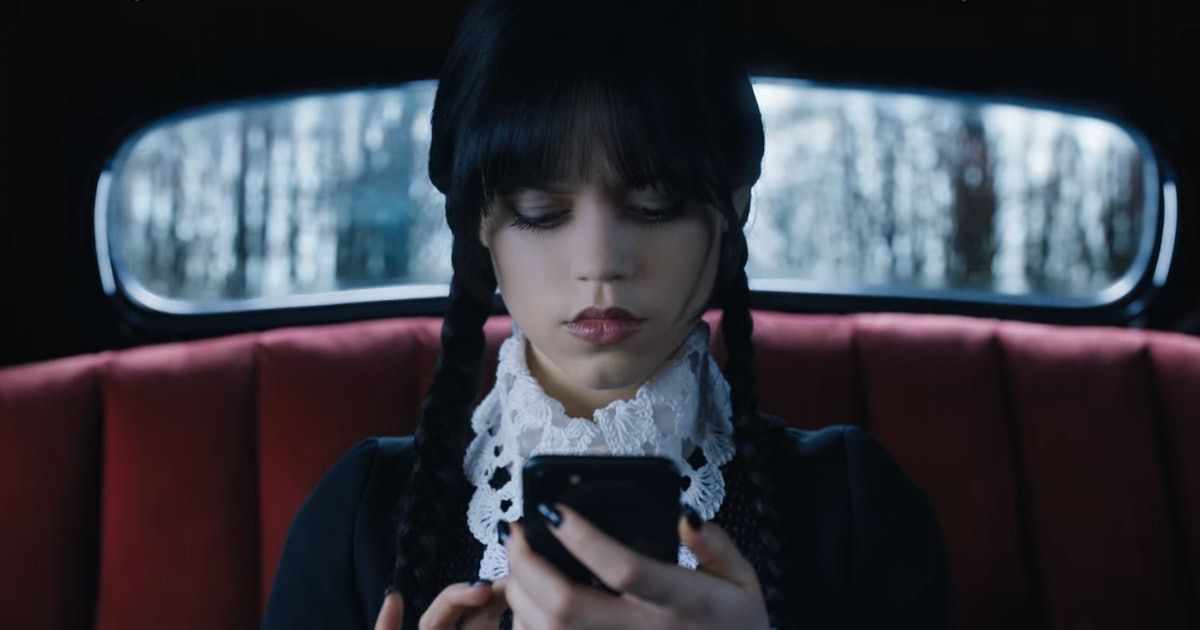
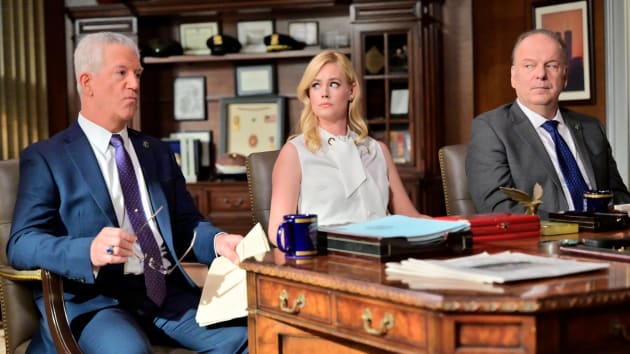

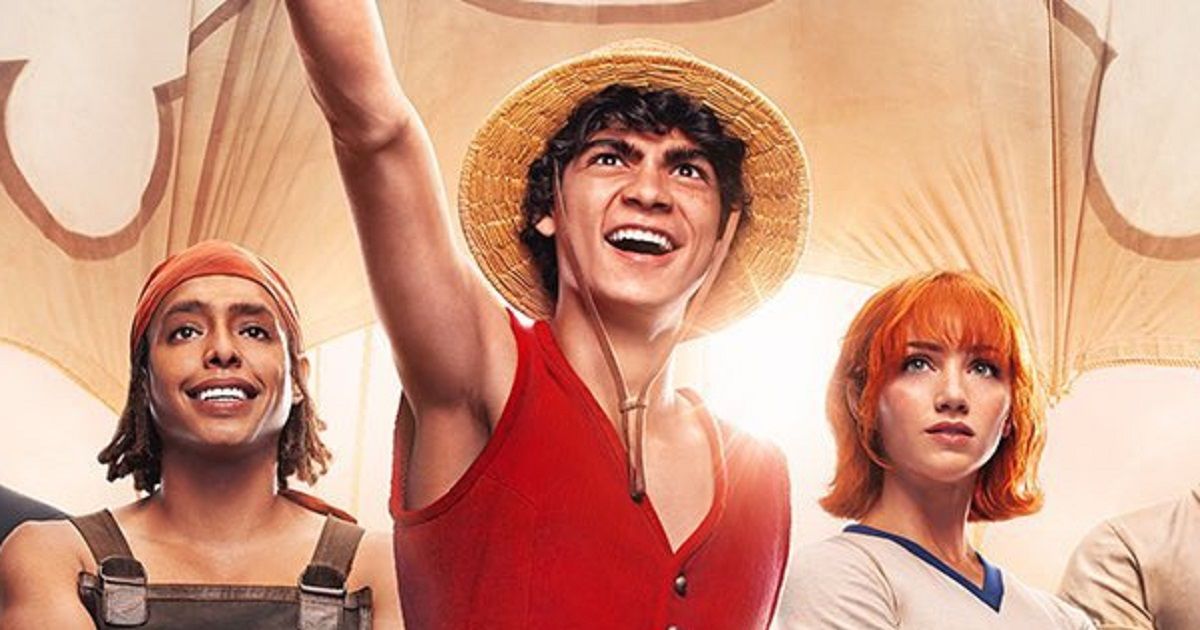
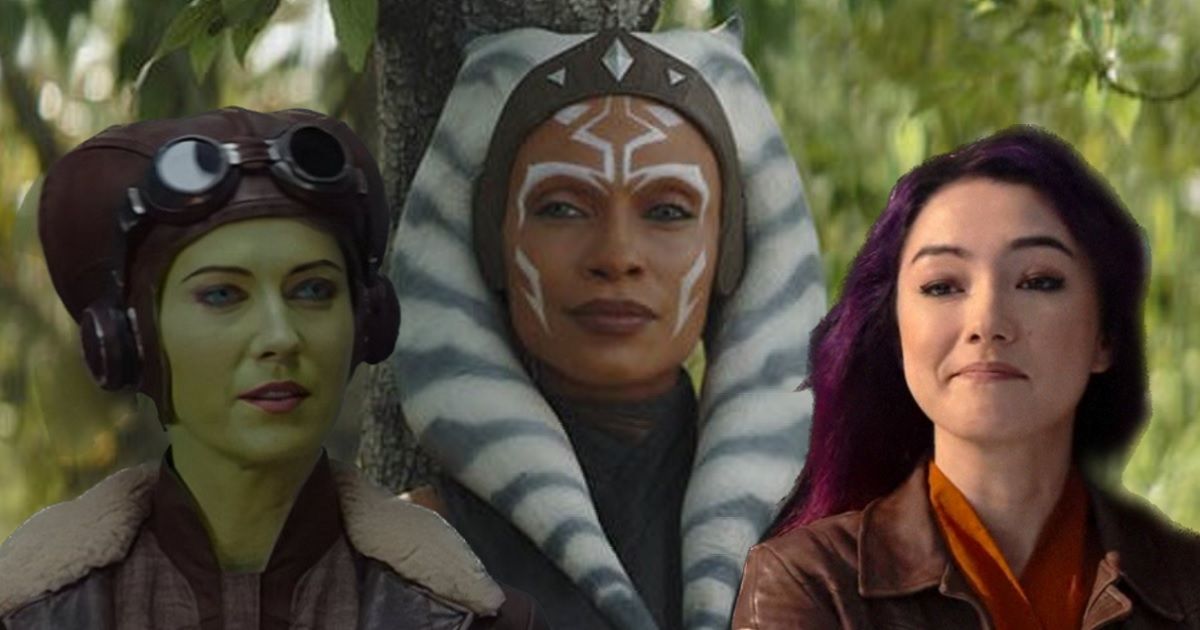
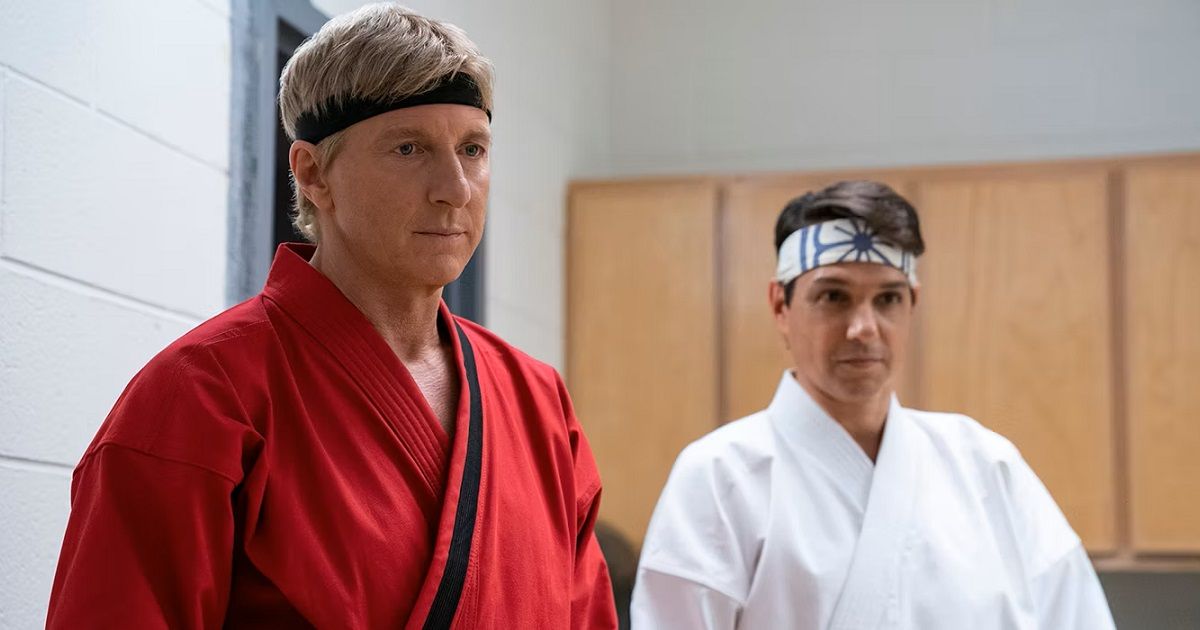


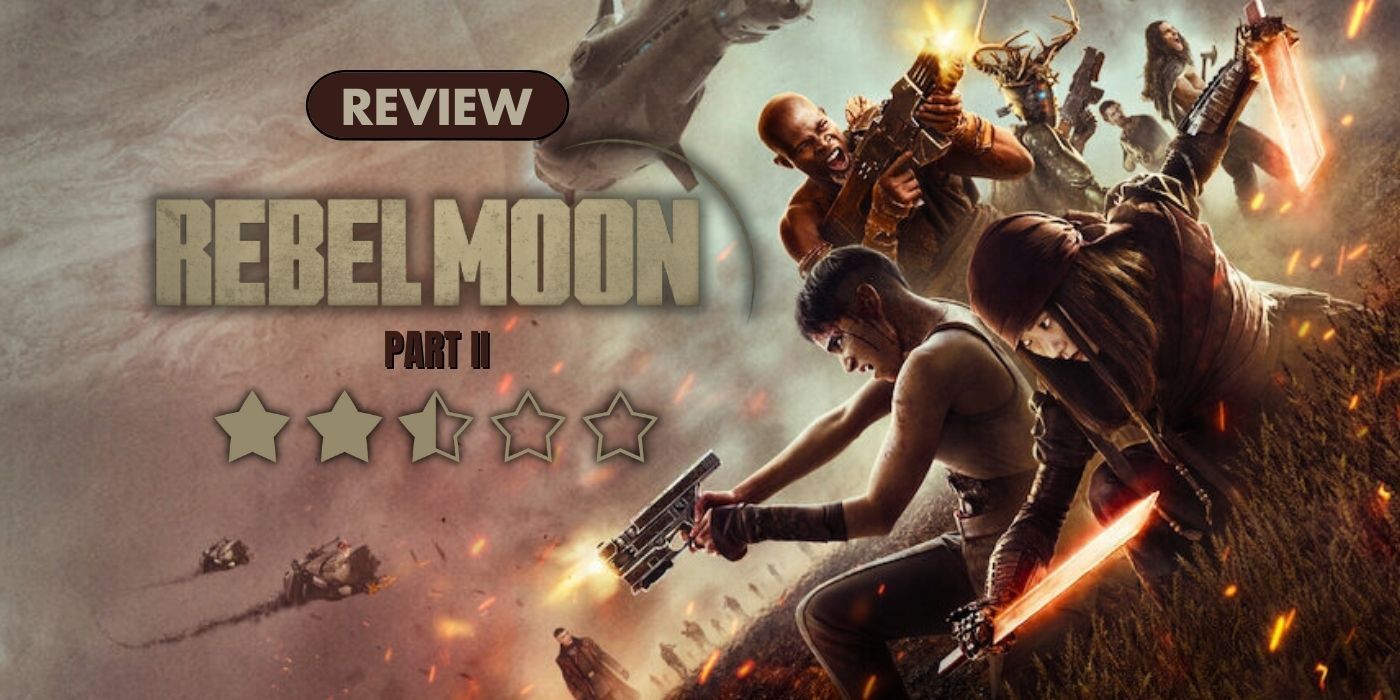
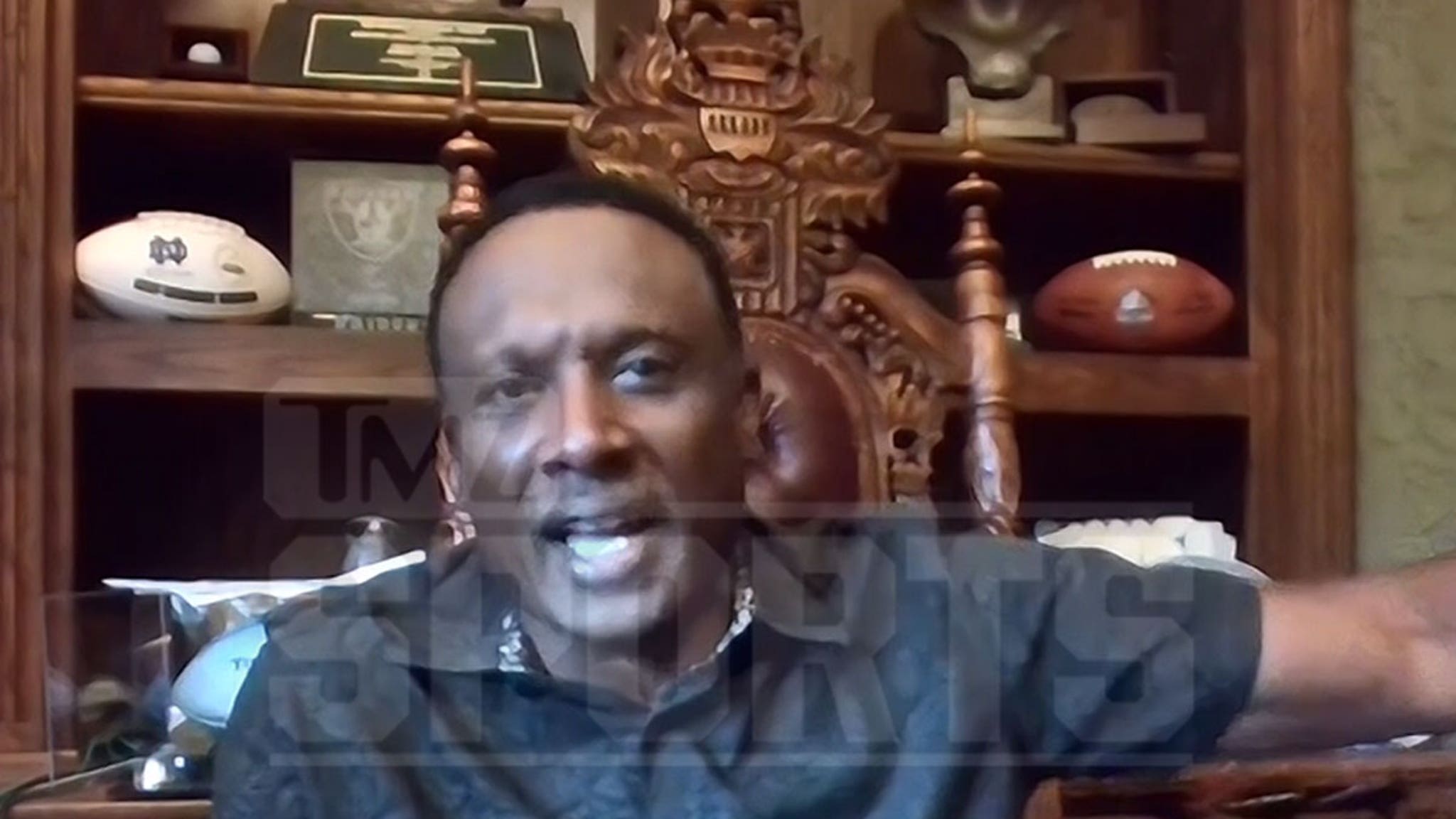
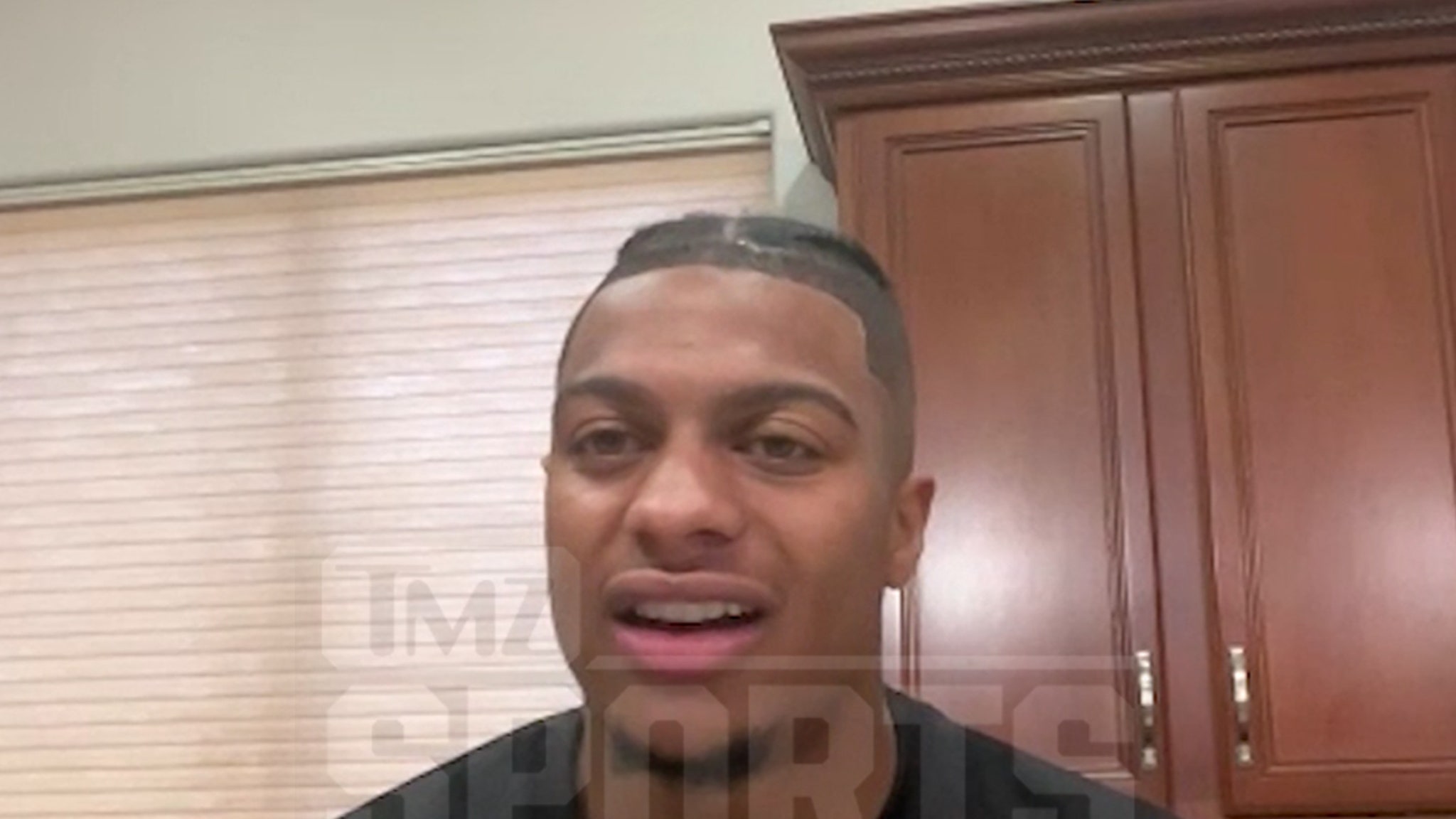
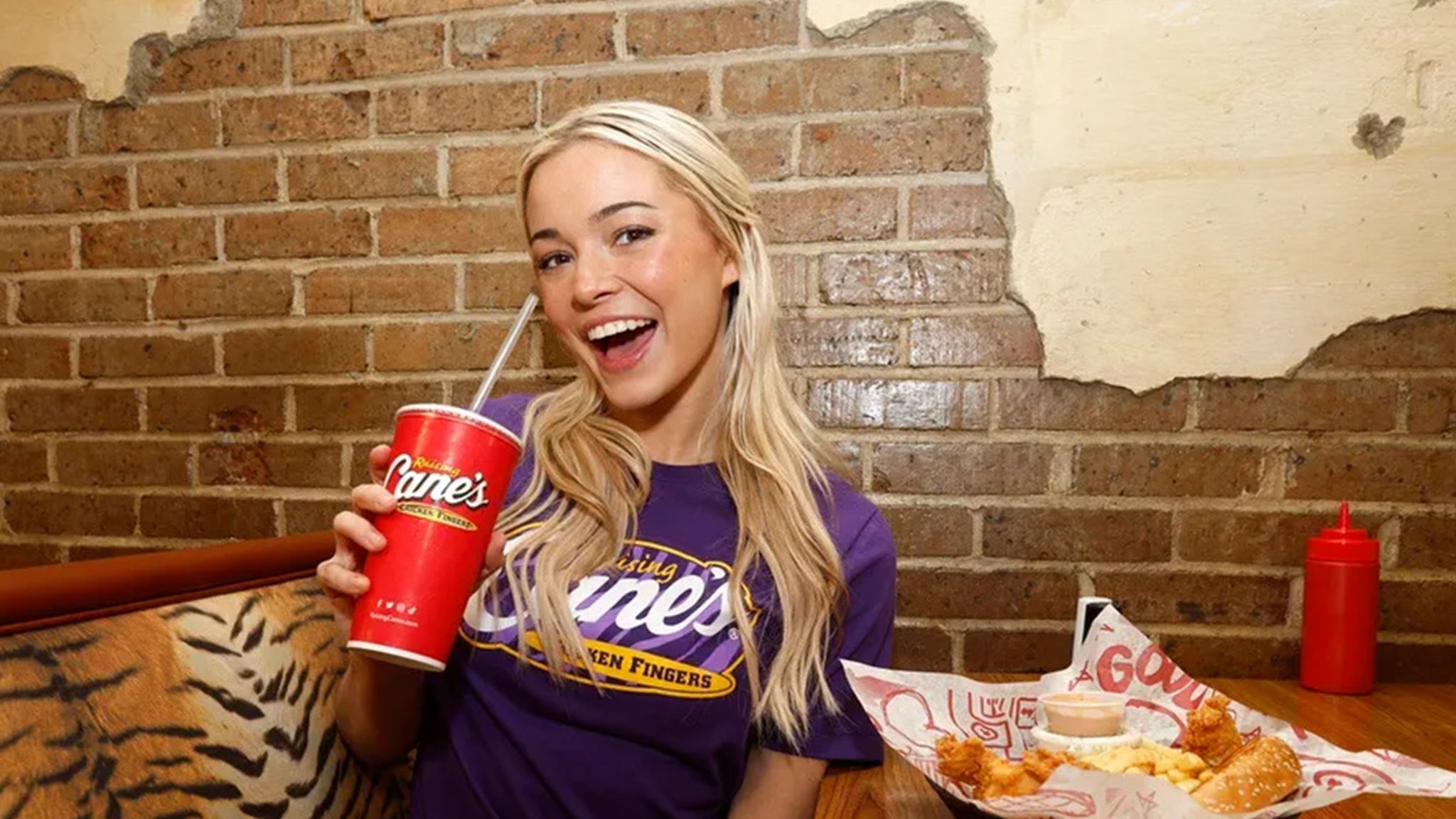
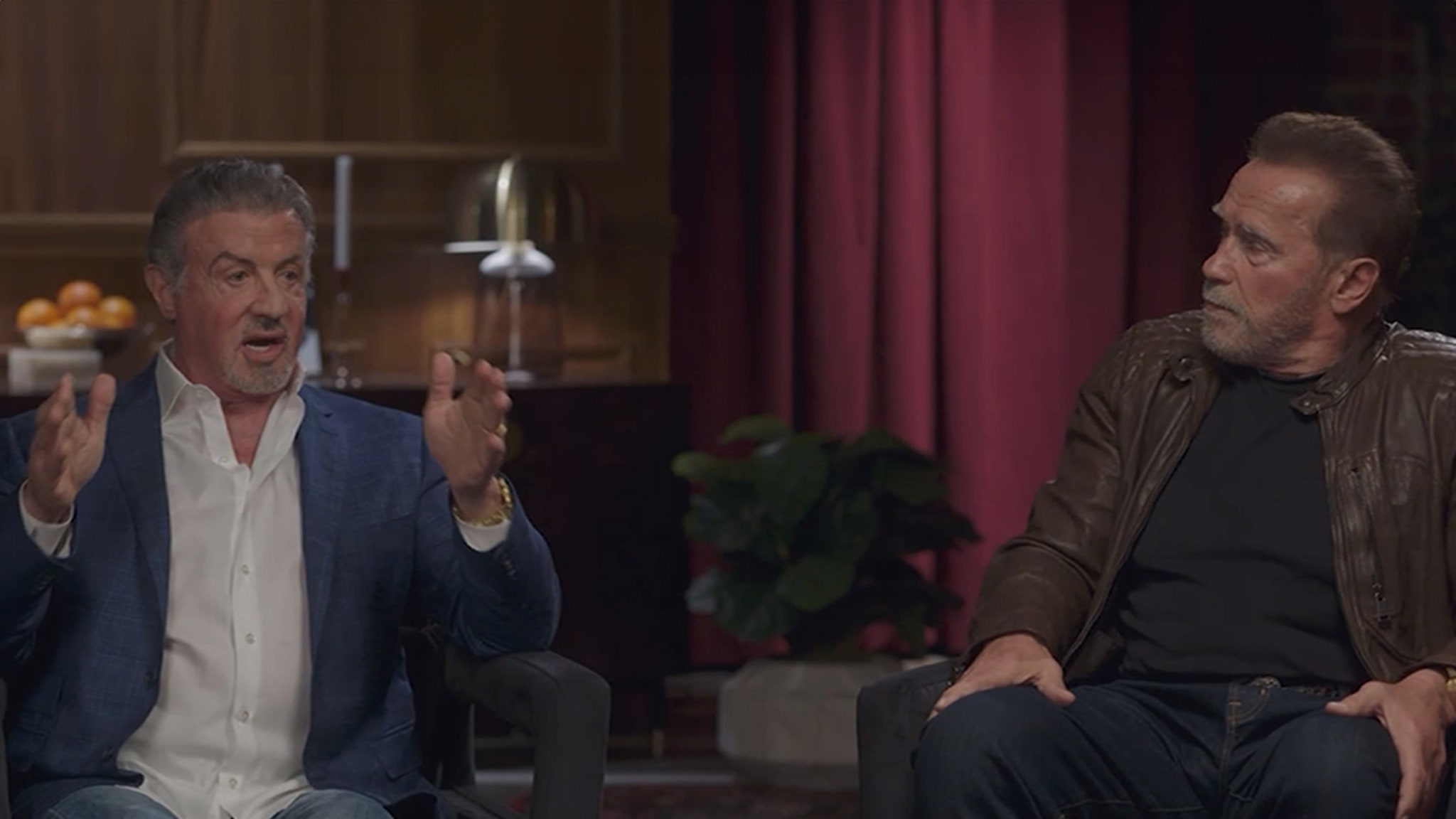
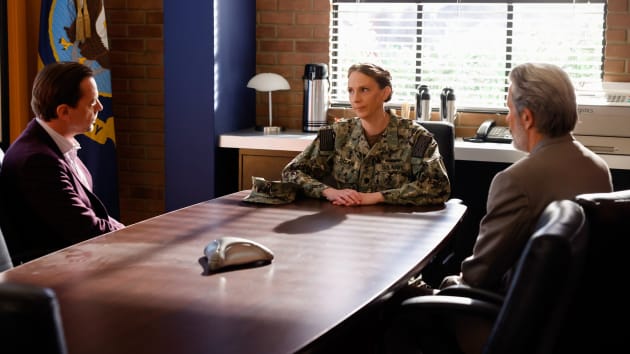
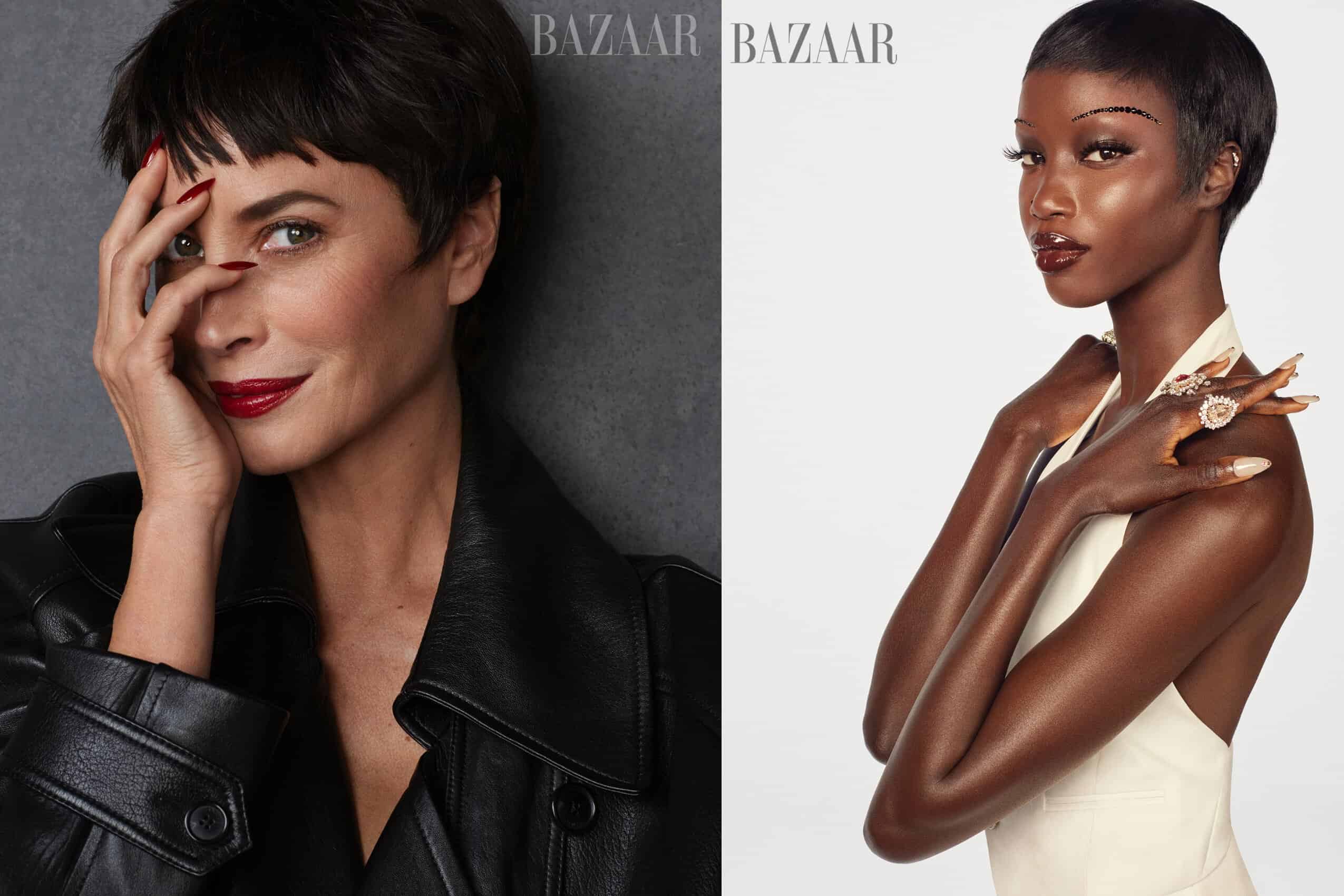
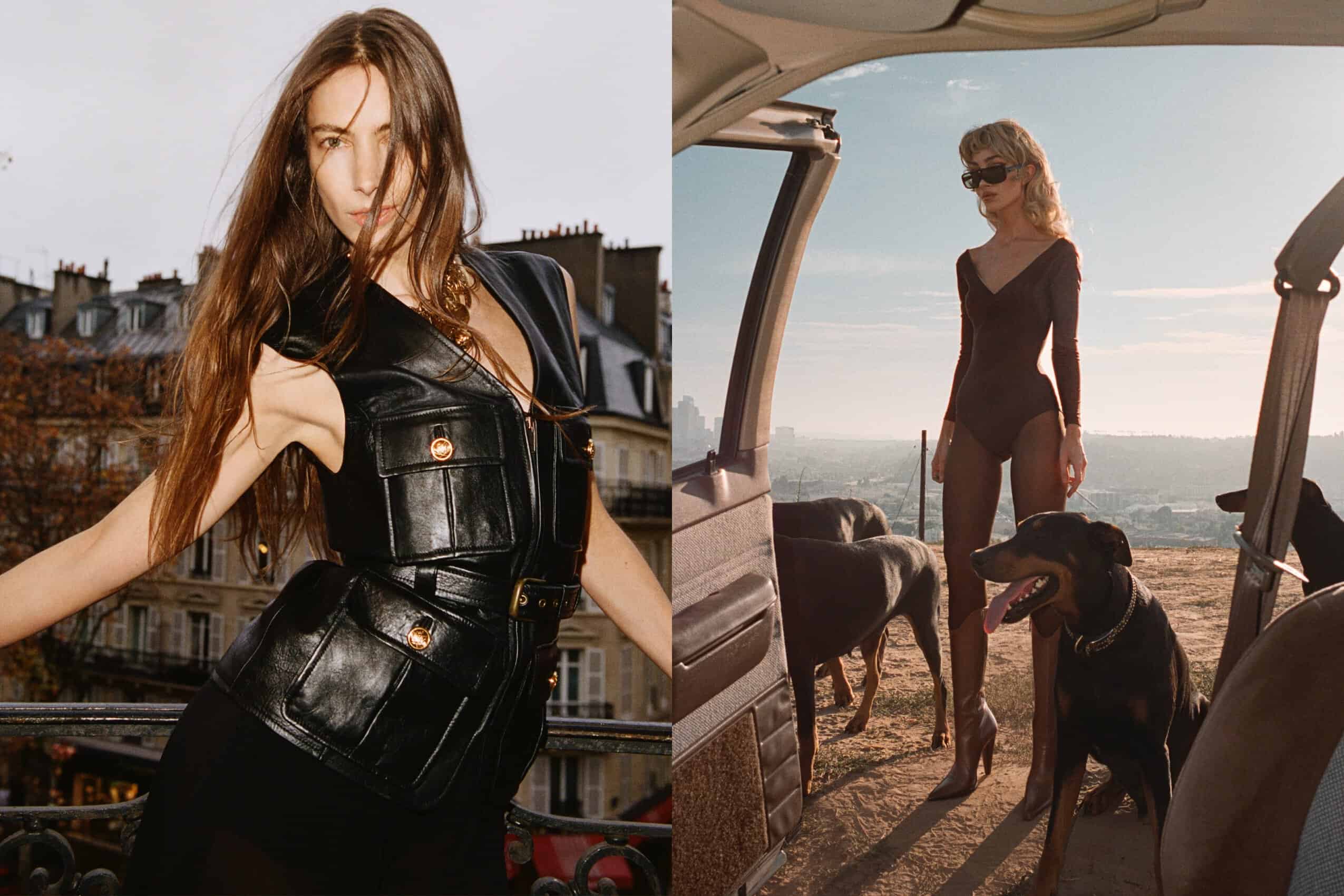
:quality(85):upscale()/2024/04/22/180/n/1922564/e053c58d662729043635a3.53124429_.jpg)
